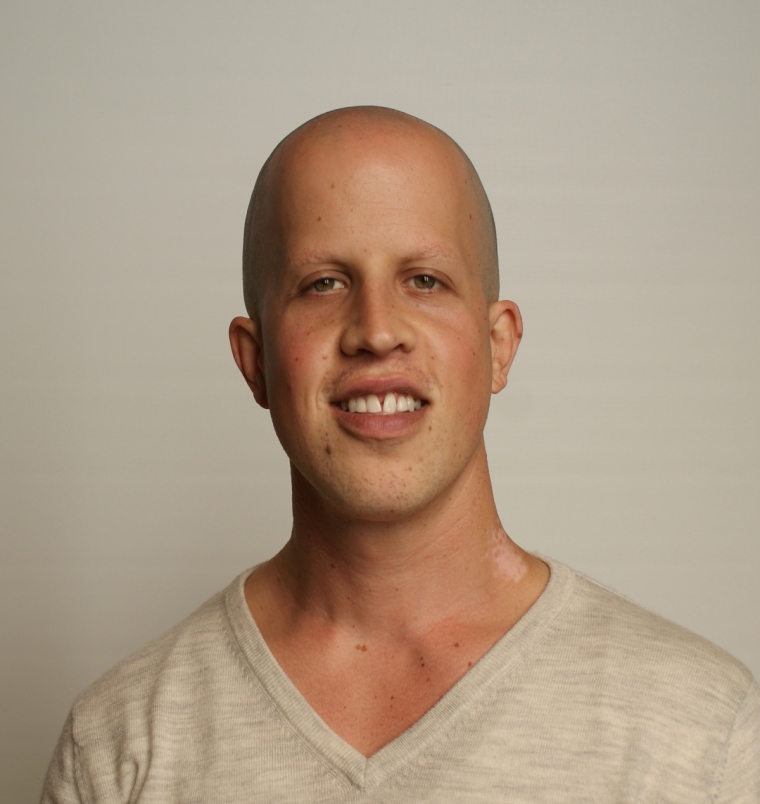

'The Spirit of the Lord is on me,
because he has anointed me
to proclaim good news to the poor.
He has sent me to proclaim freedom for the prisoners
and recovery of sight for the blind,
to set the oppressed free,
to proclaim the year of the Lord's favour.'
- Luke chapter 4, verses 18-19
In these verses Jesus is covering a whole heap of different groups isn't he?
There's the destitute, the 'cheated on', divorcees, widows and widowers; there's victims of human trafficking, sex trafficking, the enslaved, the abused; and there's the lame, injured, disabled, impaired, and those who have lost all hope.
That's quite a range of people and conditions covered, don't you think? It's the way I've always read these kinds of passages of scripture.
Truth in the Beatitudes
In Jesus' famous Sermon on the Mount, when he gets to what is called 'The Beatitudes' he speaks blessings over the lowest of the low in society.
'Blessed are the poor in spirit,
for theirs is the kingdom of heaven.
Blessed are those who mourn,
for they will be comforted.
Blessed are the meek,
for they will inherit the earth.
Blessed are those who hunger and thirst for righteousness,
for they will be filled.
Blessed are the merciful,
for they will be shown mercy.
Blessed are the pure in heart,
for they will see God.
Blessed are the peacemakers,
for they will be called children of God.
Blessed are those who are persecuted because of righteousness,
for theirs is the kingdom of heaven.
'Blessed are you when people insult you, persecute you and falsely say all kinds of evil against you because of me.'
- Matthew chapter 5, verses 3-11
I've always considered that Jesus was speaking about disparate groups of people. I don't think I undercut just how wide-reaching and boundless Jesus' love and mercy is by reading these passages in this way, but I've realised lately that the truth in these well-known passages of scripture could be very different to what I always took at face value.
If we are to consider what Jesus is saying more personally, there is a great deal to be gleaned indeed.
Seeing yourself in the Beatitudes
I would like to posit that these passages of scripture—rather than speaking to a vast array of people and people groups in society—are speaking to each of us individually.
A better way of saying this might be to say that every condition (or people group) accounted for in these scriptures is in fact supposed to be considered as one aspect of you, me, or whoever is reading the passage.
We are, each of us, at once: poor in spirit, blind, meek, pure of heart, imprisoned, hungry, persecuted and reviled.
It is a thought that changes the way we read the Bible entirely. No longer do we read about Jesus healing a blind man as evidence that he can heal physical disability, but rather that he can heal physical blindness and the blindness in you and me—that even though we can see, we can't always see, and we need Jesus.
If you are familiar with the Bible I can see how this might run contrary to your understanding of Scripture, conflicting perhaps with verses like, 'So if the Son sets you free, you will be free indeed.' (John chapter 8, verse 36)
Our perpetual spiritual poverty
What if I were to suggest that somehow we are perpetually in need of Jesus in a way that would renew this absolute freedom day in and day out?
I find evidence in the fact that Jesus' disciples slept, despite his asking them to remain alert at the garden of Gethsemane—not once but twice. Such was the extent to which they, even in the physical presence of Jesus, were spiritually poor.
If they could be counted in the Beatitudes, surely then you and I could too.
Our definition of poverty has to change so that it is not so 'other' centric. For that matter, so too our definition of things like broken-hearted, blind and captive. Without Jesus, and without surrendering to him on a daily basis, well you and I might as well count ourselves in with the lot of them.
The blessing of the Beatitudes only becomes reality with the ready acceptance of and submission to Jesus. Without it you and I and everybody else will continue to live poor, broken-hearted, blind and imprisoned by our limited mindsets.
It's an attitude shift.
David is an Australian teacher living and working in Spain for a year where he says, "the pace is slower, the strawberries redder and the sun gentler than it is in the Eastern Suburbs."
To read more of David's writing and to hear his story head to www.davidluschwitz.com
To follow David's ministry, Like David Luschwitz Facebook page at https://www.facebook.com/davidluschwitzblog
David's previous articles can be found at http://www.pressserviceinternational.org/david-luschwitz.html